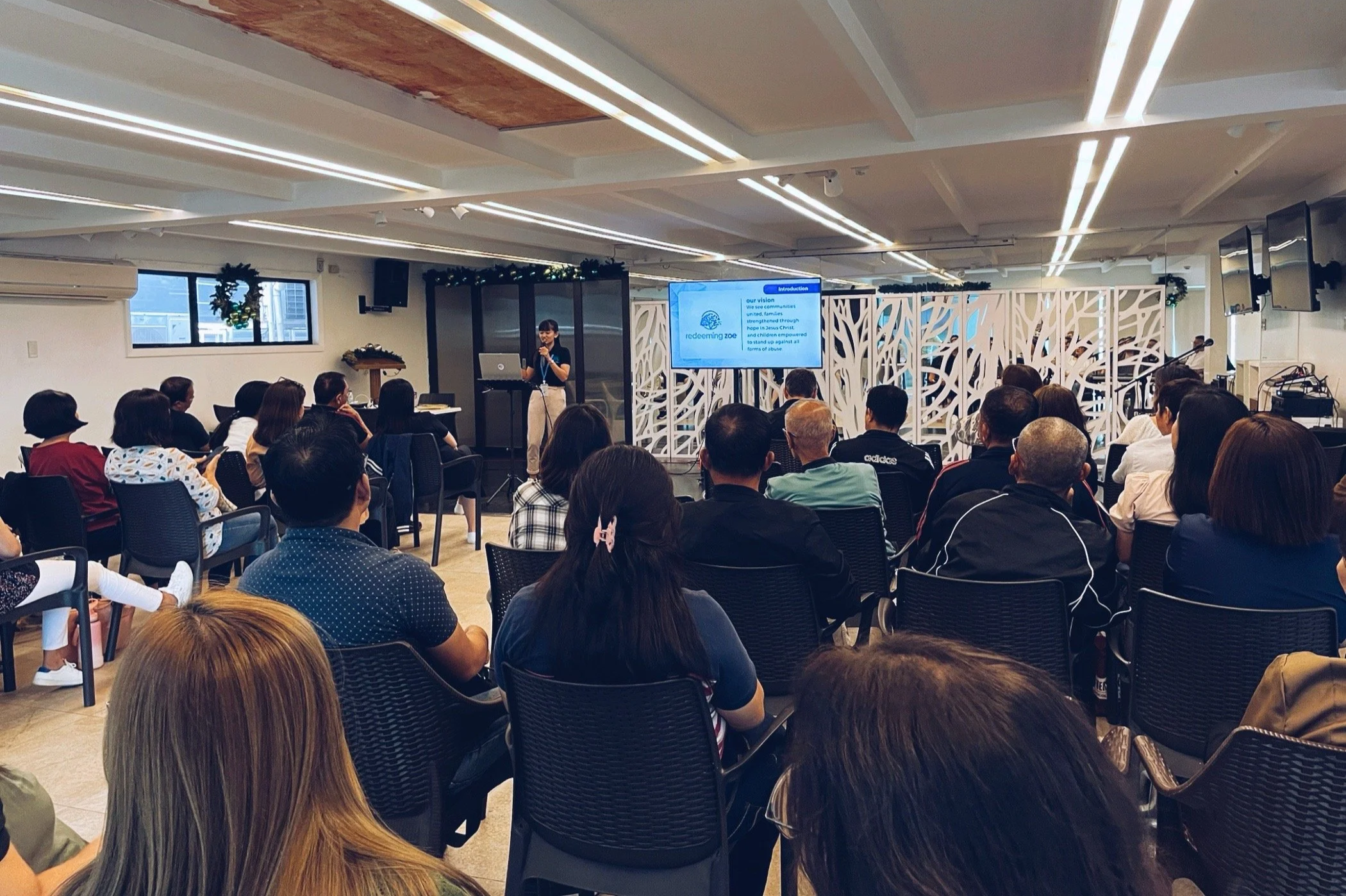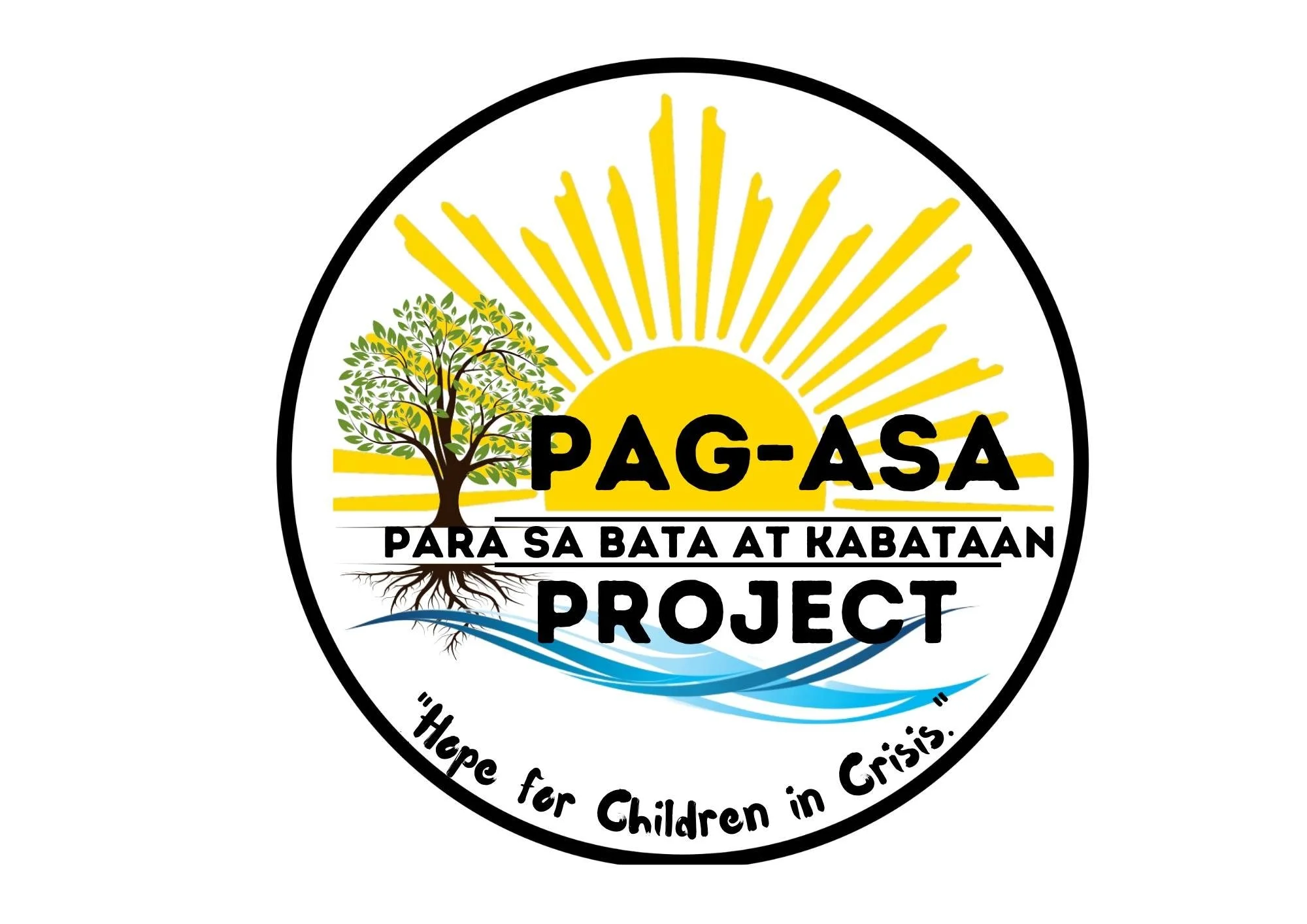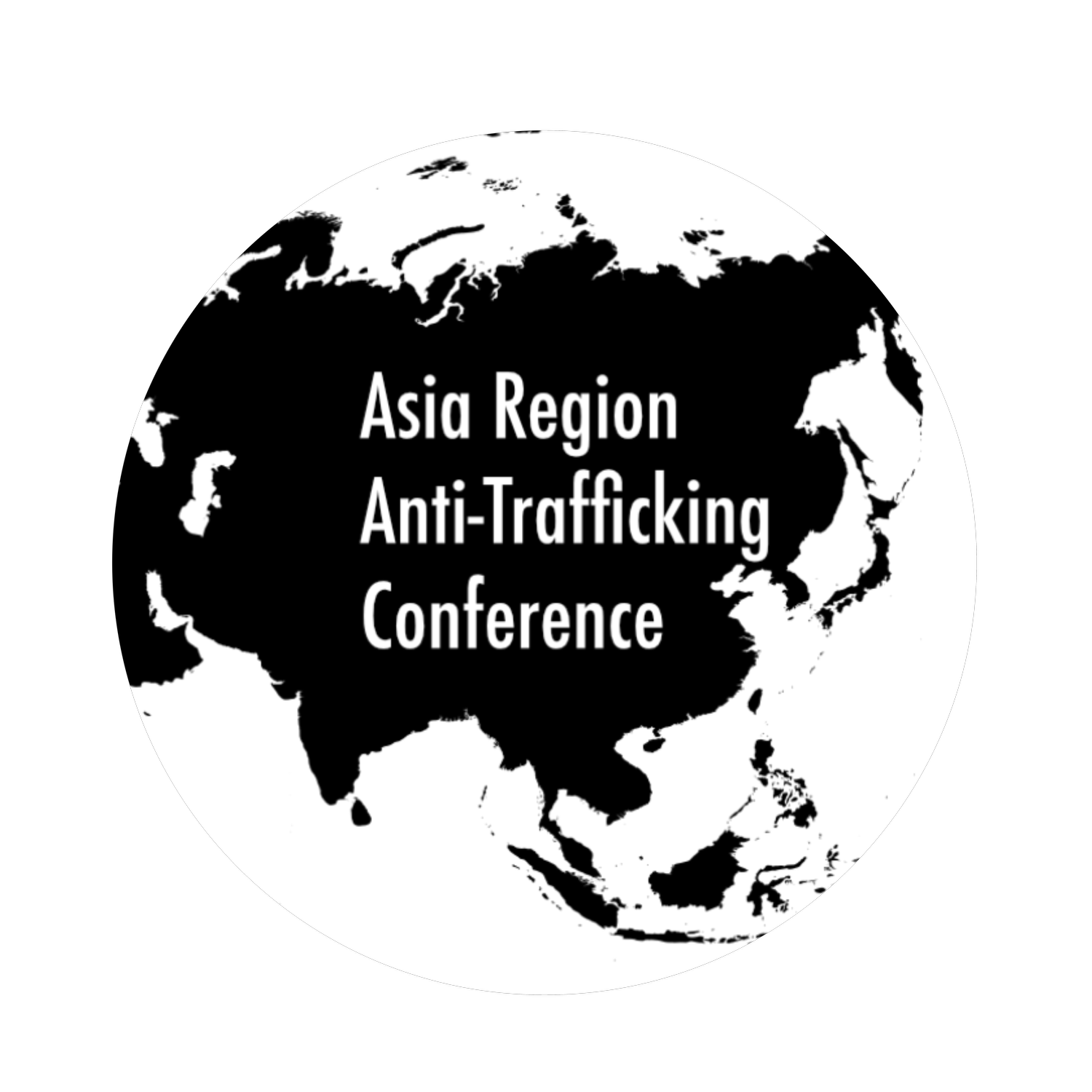child protection training
At the heart of our Awareness Program is education. By addressing human trafficking, online safety, and trauma-informed care, we empower communities to protect children.
Our free Child Protection Trainings provide practical tools to prevent child abuse and exploitation, tailored for leaders, parents, youth, and children. Each program is designed to meet the unique needs of every organization, creating safer spaces where children can thrive.
As of September 2025, we have trained over 8,000 individuals across the Philippines and remain committed to reaching more communities with vital knowledge to safeguard the next generation.
Choose the Program That Meets Your Needs
For Children and Teens
-
One of Redeeming Zoe’s core programs, the ICBSSS Curriculum, is designed to teach children about body safety—a vital step in protecting them from harm and empowering them to navigate their world with confidence.
This curriculum equips children with essential skills for self-protection by covering:
❑ Personal Boundaries – understanding the difference between safe and unsafe touch.
❑ Recognizing Inappropriate Behavior – learning how to identify and respond to unsafe situations.
❑ Open Communication – encouraging children to speak up and seek help from trusted adults.
❑ Proper Hygiene – teaching children how to care for their bodies and understand that staying clean is part of staying safe.Through interactive, age-appropriate activities and with cultural sensitivity in mind, the program helps children not only learn but retain these life-saving lessons. Each child begins their journey with a specially designed booklet that introduces body safety concepts in a relatable and engaging way.
Our goal is to create safer environments for children—helping them grow in confidence, resilience, and self-worth while knowing they have the right to be safe and protected.
-
In today’s digital age, internet safety has never been more vital for teens, adults, parents, and guardians. As our reliance on technology grows, so do the risks that come with it. This training equips participants with practical skills to safeguard personal data, recognize and avoid online threats, and practice responsible online behavior.
In this session, we focus on:
❑ Protecting Personal Information – strategies to keep data secure and private.
❑ Recognizing Online Risks – identifying scams, cyberbullying, exploitation, and other digital dangers.
❑ Safe and Responsible Online Behavior – setting healthy boundaries, managing screen time, and practicing digital etiquette.
❑ Building a Secure Digital Environment – empowering families to create safe online spaces at home and beyond.
What makes this training unique is its flexibility. The content and delivery are tailored to the needs of the audience—what resonates with teens will not be the same as what parents and guardians need to hear. By customizing the approach, we ensure that every group gains practical, age-appropriate, and relevant strategies they can immediately apply.
This training does more than reduce online risks—it empowers teens, adults, and families to navigate the digital world with confidence and responsibility. As technology continues to evolve, internet safety education remains essential for protecting well-being and ensuring that digital access is a tool for growth, not harm..
-
The fight against online exploitation begins with awareness. With the rapid rise of digital connectivity, children are increasingly vulnerable to online sexual abuse and exploitation (OSAEC). This training equips individuals, families, and communities with the knowledge and tools needed to recognize, prevent, and respond effectively to these threats.
In this session, we focus on:
❑ Understanding OSAEC – the nature, scope, and impact of online sexual abuse and exploitation.
❑ Recognizing Warning Signs – how to identify red flags in both online and offline behavior.
❑ Prevention Strategies – practical steps to protect children from online predators and unsafe digital spaces.
❑ Legal and Ethical Responsibilities – understanding Philippine laws and the role of communities in child protection.
This training is not only about awareness but also about empowerment—ensuring that parents, guardians, and community members can confidently safeguard children. By working together, we create safer online environments where children can grow, explore, and thrive without fear.
For Adults, Parents & Guardians
-
Safeguarding children has never been more crucial for parents and guardians. This training equips participants with the knowledge and tools to create safe, nurturing environments where children can grow and thrive without fear.
In this session, we focus on:
❑ The Rights of a Child – understanding every child’s fundamental rights and how to uphold them in daily life.
❑ Child Labor – recognizing risks, prevention, and legal protections.
❑ Philippine Child Protection Laws – knowing the laws that safeguard children and how to apply them in practical situations.
❑ Healthy Parenting – practical tips for building stronger parent-child relationships and promoting emotional well-being.
This training is more than just information—it’s an investment in the future of children and families. By empowering parents and guardians, we help ensure that every child experiences safety, dignity, and opportunities to reach their full potential.
-
In today’s digital age, internet safety has never been more vital for teens, adults, parents, and guardians. As our reliance on technology grows, so do the risks that come with it. This training equips participants with practical skills to safeguard personal data, recognize and avoid online threats, and practice responsible online behavior.
In this session, we focus on:
❑ Protecting Personal Information – strategies to keep data secure and private.
❑ Recognizing Online Risks – identifying scams, cyberbullying, exploitation, and other digital dangers.
❑ Safe and Responsible Online Behavior – setting healthy boundaries, managing screen time, and practicing digital etiquette.
❑ Building a Secure Digital Environment – empowering families to create safe online spaces at home and beyond.
What makes this training unique is its flexibility. The content and delivery are tailored to the needs of the audience—what resonates with teens will not be the same as what parents and guardians need to hear. By customizing the approach, we ensure that every group gains practical, age-appropriate, and relevant strategies they can immediately apply.
This training does more than reduce online risks—it empowers teens, adults, and families to navigate the digital world with confidence and responsibility. As technology continues to evolve, internet safety education remains essential for protecting well-being and ensuring that digital access is a tool for growth, not harm.
-
The fight against online exploitation begins with awareness. With the rapid rise of digital connectivity, children are increasingly vulnerable to online sexual abuse and exploitation (OSAEC). This training equips individuals, families, and communities with the knowledge and tools needed to recognize, prevent, and respond effectively to these threats.
In this session, we focus on:
❑ Understanding OSAEC – the nature, scope, and impact of online sexual abuse and exploitation.
❑ Recognizing Warning Signs – how to identify red flags in both online and offline behavior.
❑ Prevention Strategies – practical steps to protect children from online predators and unsafe digital spaces.
❑ Legal and Ethical Responsibilities – understanding Philippine laws and the role of communities in child protection.
This training is not only about awareness but also about empowerment—ensuring that parents, guardians, and community members can confidently safeguard children. By working together, we create safer online environments where children can grow, explore, and thrive without fear.
-
Human trafficking is one of the most urgent human rights issues of our time—and awareness is the first step toward ending it. These talks shed light on the realities of modern-day slavery, equipping participants with the knowledge to recognize trafficking, the tools to take meaningful action, and the compassion to support survivors.
In this session, we focus on:
❑ Understanding Human Trafficking – the nature, scope, and impact of trafficking in the Philippines and beyond.
❑ Recognizing Red Flags – practical ways to identify potential victims and suspicious activities.
❑ Taking Action – how individuals and communities can respond responsibly and help protect vulnerable people.
❑ Supporting Survivors – creating safe spaces and pathways for restoration and reintegration.
By raising awareness and fostering active community involvement, these talks empower people to stand against exploitation and work together toward a society where freedom, dignity, and safety are realities for all.
-
In today’s fast-paced world, stress is a common challenge that affects nearly every aspect of life. Work pressures, personal responsibilities, and external demands can take a toll on both mental and physical well-being—and ultimately affect how adults interact with and care for children.
This training is designed to help parents, guardians, and adults build resilience by:
❑ Understanding Stress – learning what stress is and how it impacts the mind and body.
❑ Recognizing Stressors – identifying triggers in daily life that elevate stress levels.
❑ Developing Coping Strategies – practicing healthy techniques for managing and reducing stress.
❑ Applying Stress Management in Daily Life – creating practical habits that improve quality of life and strengthen relationships.
Delivered through workshops, seminars, or individual coaching sessions, this training equips adults with the tools to manage stress effectively. The ultimate goal is to empower participants not only to care for themselves but also to create a calmer, healthier environment for the children who depend on them.
-
Investing in trauma-informed training is essential for organizations seeking to build cultures that are compassionate, resilient, and effective. This training equips staff, volunteers, teachers, and communities with the knowledge and skills needed to understand trauma and respond with care.
In this session, we cover:
❑ Foundations of Trauma – basic concepts and psychoeducation to understand what trauma is and how it affects individuals.
❑ Recognizing Symptoms and Effects – identifying common signs of trauma and its impact on behavior, learning, and relationships.
❑ Implementing Trauma-Informed Practices – practical strategies and procedures to create supportive and safe environments.
❑ Building Compassionate Systems – strengthening organizational culture to foster encouragement, productivity, and healing.
Organizations that integrate trauma-informed approaches not only enhance their effectiveness but also demonstrate a deep commitment to social responsibility and holistic care. This training ensures that every interaction can be a step toward restoration and empowerment.
For Communities & Organizations
-
Human trafficking is one of the most urgent human rights issues of our time—and awareness is the first step toward ending it. These talks shed light on the realities of modern-day slavery, equipping participants with the knowledge to recognize trafficking, the tools to take meaningful action, and the compassion to support survivors.
In this session, we focus on:
❑ Understanding Human Trafficking – the nature, scope, and impact of trafficking in the Philippines and beyond.
❑ Recognizing Red Flags – practical ways to identify potential victims and suspicious activities.
❑ Taking Action – how individuals and communities can respond responsibly and help protect vulnerable people.
❑ Supporting Survivors – creating safe spaces and pathways for restoration and reintegration.
By raising awareness and fostering active community involvement, these talks empower people to stand against exploitation and work together toward a society where freedom, dignity, and safety are realities for all.
-
Child Protection Training is a vital investment for any organization committed to the safety and well-being of children and participants. Beyond fulfilling legal and ethical responsibilities, it empowers leaders, staff, and volunteers to prevent abuse, build safe environments, and establish a culture of accountability and care.
In this session, we provide step-by-step guidance on developing a customized Child Protection Policy Handbook that is practical, effective, and sustainable. Participants will learn:
❑ Foundations of Child Protection – understanding why child protection is essential and how it begins within organizations.
❑ Anchoring Policies in Child Rights – ensuring every policy upholds the basic rights of children.
❑ Roles and Responsibilities – clarifying the duties of workers and volunteers in safeguarding children.
❑ Creating Tailored Policies – building a handbook that fits the unique context of your organization while meeting protection standards.
This training equips organizations not just with knowledge, but with actionable tools to implement policies that truly protect children and strengthen community trust.
-
One of Redeeming Zoe’s core programs, the ICBSSS Curriculum, is a vital tool for protecting children from harm and empowering them to navigate their world with confidence. To ensure it is delivered effectively, Redeeming Zoe provides a required ICBSSS Training for teachers, facilitators, and community leaders before an organization can implement the curriculum. This ensures a holistic and consistent approach to child protection.
During this training, participants will:
❑ Learn how to deliver the ICBSSS Curriculum effectively, using age-appropriate, culturally sensitive, and engaging methods.
❑ Understand the factors that make children vulnerable to abuse, helping leaders recognize warning signs and address root causes.
❑ Receive guidance on what to do when encountering an abused child, including appropriate response, reporting, and referral procedures.Through interactive discussions, practical exercises, and demonstrations, participants will gain the confidence and tools to create safe, supportive, and meaningful learning environments.
Our goal is to empower teachers and leaders to protect and nurture children, multiplying impact across communities so every child can grow in safety, confidence, and self-worth.
-
Investing in trauma-informed training is essential for organizations seeking to build cultures that are compassionate, resilient, and effective. This training equips staff, volunteers, teachers, and communities with the knowledge and skills needed to understand trauma and respond with care.
In this session, we cover:
❑ Foundations of Trauma – basic concepts and psychoeducation to understand what trauma is and how it affects individuals.
❑ Recognizing Symptoms and Effects – identifying common signs of trauma and its impact on behavior, learning, and relationships.
❑ Implementing Trauma-Informed Practices – practical strategies and procedures to create supportive and safe environments.
❑ Building Compassionate Systems – strengthening organizational culture to foster encouragement, productivity, and healing.
Organizations that integrate trauma-informed approaches not only enhance their effectiveness but also demonstrate a deep commitment to social responsibility and holistic care. This training ensures that every interaction can be a step toward restoration and empowerment.
Churches and Organizations We’ve Partnered With…
… and many more!


















